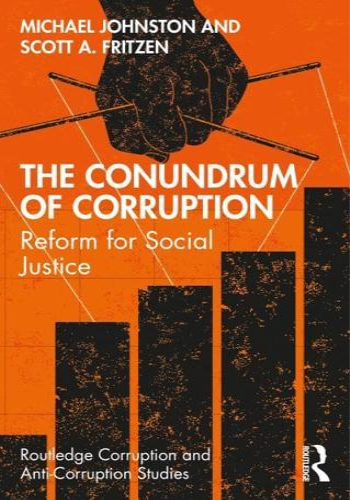This book argues that it is time to step back and reassess the anti-corruption movement, which despite its many opportunities and great resources has ended up with a track record that is indifferent at best.
Drawing on many years of experience and research, the authors critique many of the major strategies and tactics employed by anti-corruption actors, arguing that they have made the mistake of holding on to problematical assumptions, ideas, and strategies, rather than addressing the power imbalances that enable and sustain corruption. The book argues that progress against corruption is still possible but requires a focus on justice and fairness, considerable tolerance for political contention, and a willingness to stick with the reform cause over a very long process of thoroughgoing, sometimes discontinuous political change. Ultimately, the purpose of the book is not to tell people that they are doing things all wrong. Instead, the authors present new ways of thinking about familiar dilemmas of corruption, politics, contention, and reform.
These valuable insights from two of the top thinkers in the field will be useful for policymakers, reform groups, grant-awarding bodies, academic researchers, NGO officers, and students.








